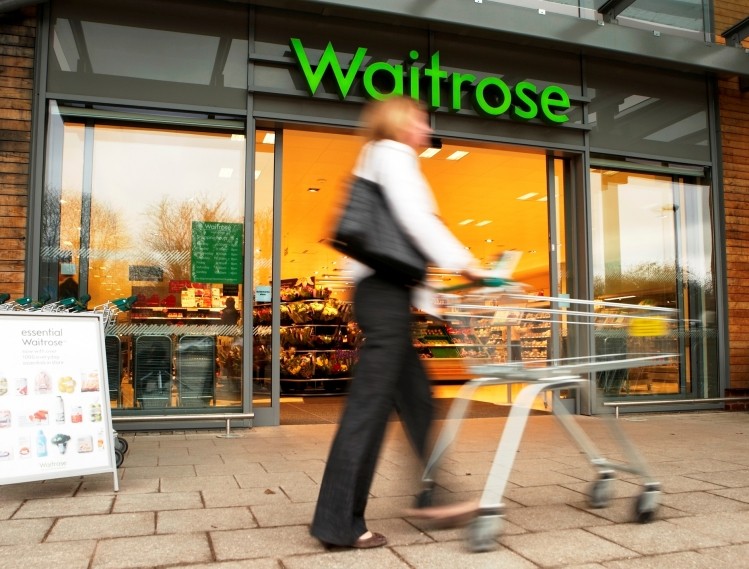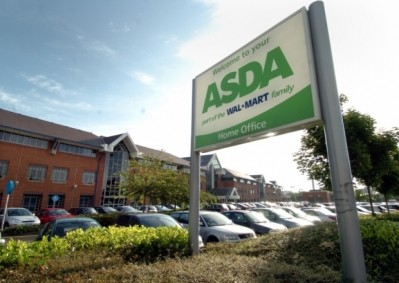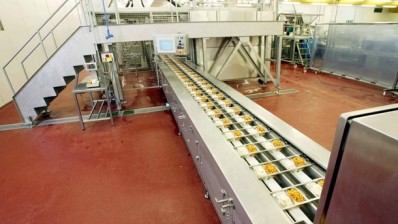Manufacturing is ‘supermarket Armageddon saviour’

Price wars “will be the death of supermarkets”, Waitrose boss Mark Price, who is also the deputy chairman of the John Lewis Partnership, told the MailOnline last weekend (June 4).
“Supermarkets are saying, ‘if we drop our prices, it’s all going to be ok again’. But the reality is people don’t eat more food because you drop your prices. If everybody drops their prices, it’s a zero sum game.”
There would be a moment when supermarkets would have to find a better way of attracting consumers, otherwise one or two of the big four retailers will be in trouble, Price said.
Consumers would eventually turn away from cheaply manufactured products that contained non-store cupboard ingredients, he claimed.
Manufacture products as cheap
Waitrose, which has its own manufacturing facilities, including its Dovecote Park frozen beef unit, could manufacture products as cheaply as the German discounters Aldi and Lidl, Price said.
However, it would continue to respond to increasing demand from its consumers for high-quality products, he added.
Clive Black, Shore Capital director and head of research, has urged Britain’s fourth largest retailer Morrisons to “weaponise” its manufacturing facilities.
“We sense that [Morrisons boss David Potts] will seek to extol the vertical integration, ‘Market Street’ and Morrisons’ Yorkshire and British heritage to maximum effect,” he said.
More vertical integration would allow supermarkets to maintain better profit margins and react quickly to market changes, another commentator added.
Morrisons could soon make more of a feature of its manufacturing abilities and boost its market share further, following last week’s announcement that Shore Capital had been appointed as one of three brokers to the firm.
Potts had already boosted the ailing retailer’s sales and market share more than any of the other big four for the first time since December 2011, according to Kantar Worldpanel figures.
Plunge in profits
Despite a 52% plunge in profits last year to £354M, Morrison’s sales had increased by 0.6% in the 12 weeks to June 21, boosting its market share by 0.1% to 11%.
Meanwhile, the European grocery sector was set to half in size in the next decade as it faced continued pressure from the discounters and online retailers, a new report from consultancy Oliver Wyman claimed.
Retailers should prepare for cross-border merger and acquisition (M&A) activity or “risk being left behind”, the report warned.
There were currently 25 supermarkets in Europe with more than £7.1bn in revenue, but this would fall by half, “although the survivors will be much, much larger”, the report said.
In the UK, it was a strong possibility two of the big four supermarkets would have to merge in the future as the fallout from the supermarket price wars took its toll, Julian Wild, head of the food team at Rollits Solicitors told FoodManufacture.co.uk.
“It looks a strong possibility at some stage, as the big four struggle for growth and are eating each other’s lunch … eventually something has to give.”
What they say about supermarkets and manufacturing:
Mark Price: “You can sell cheap cheese. It’s not hard. You can sell value Cornish ice cream made from coconut oil, whey powder, milk powder, water, stabilisers, emulsifiers and pumped full of air.”
Clive Black: “We sense that [Morrisons boss David Potts] will seek to extol the vertical integration, ‘Market Street’ and Morrisons’ Yorkshire and British heritage to maximum effect,”
Julian Wild: “Selling its [Morrisons] manufacturing facilities would allow it to be more competitive on price and, most importantly, it would allow it to focus on being a retailer and not a manufacturer.”















